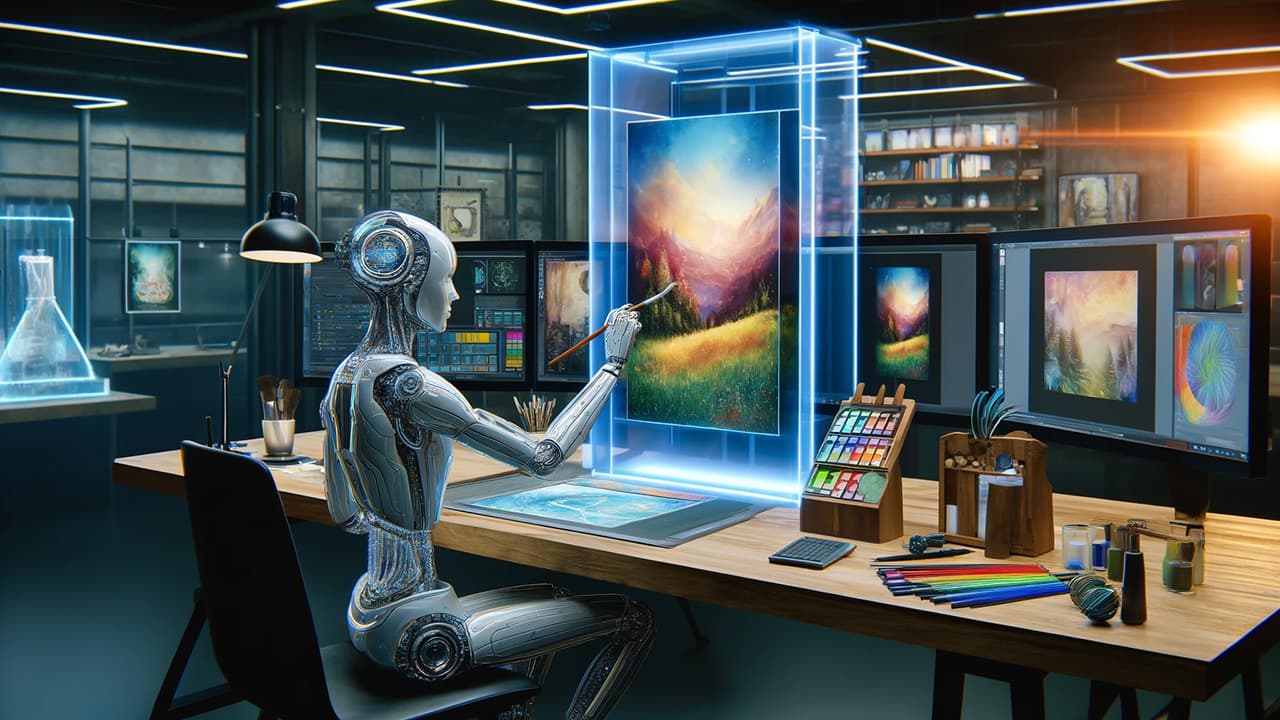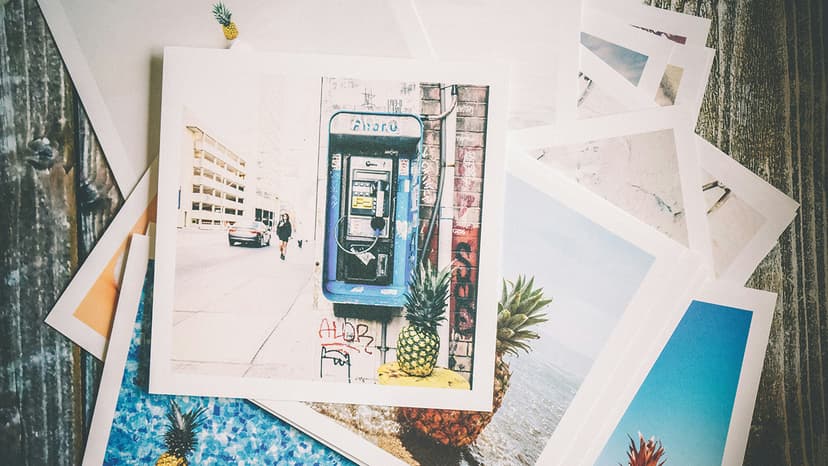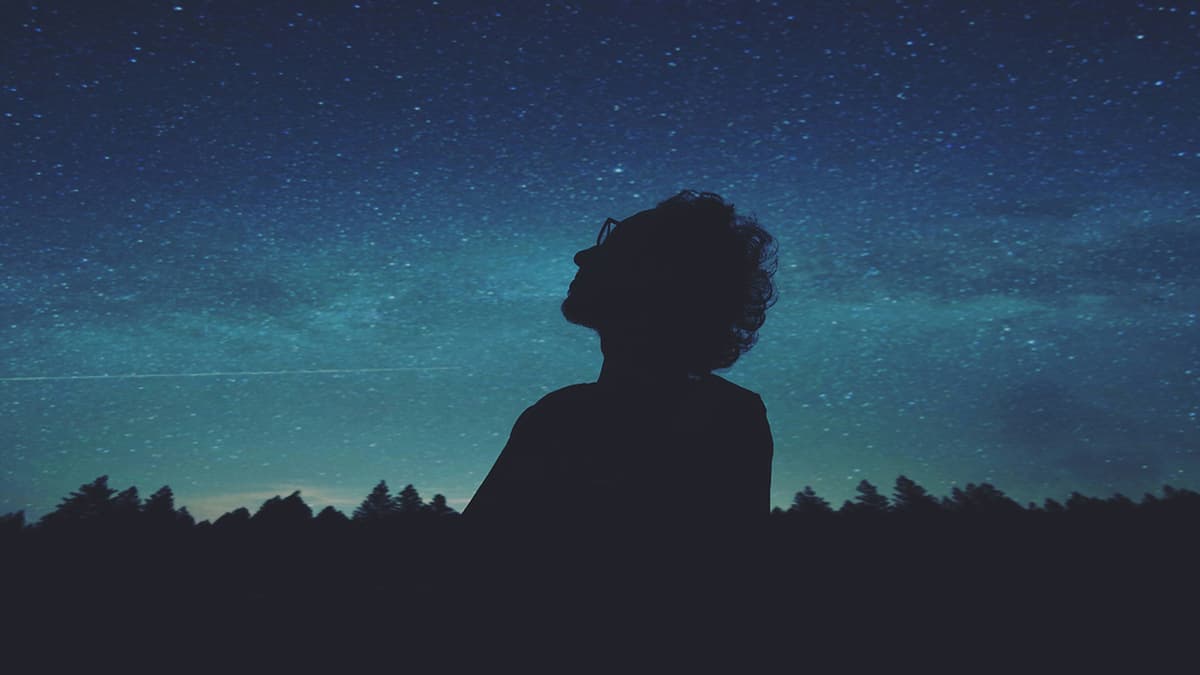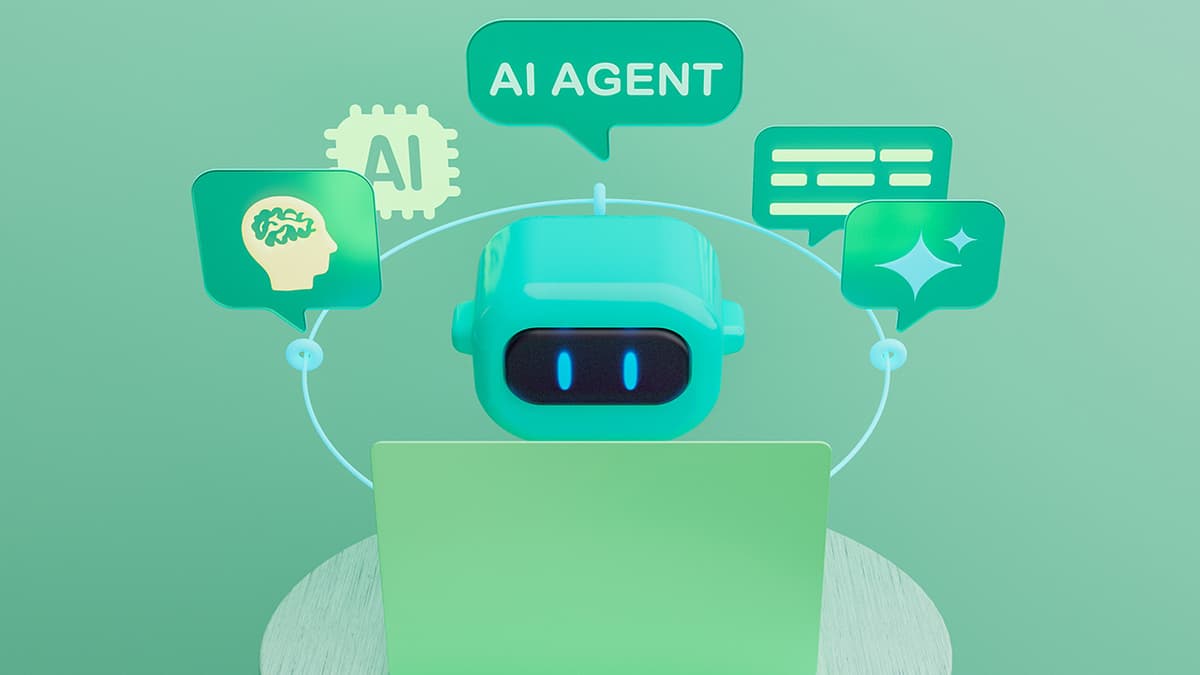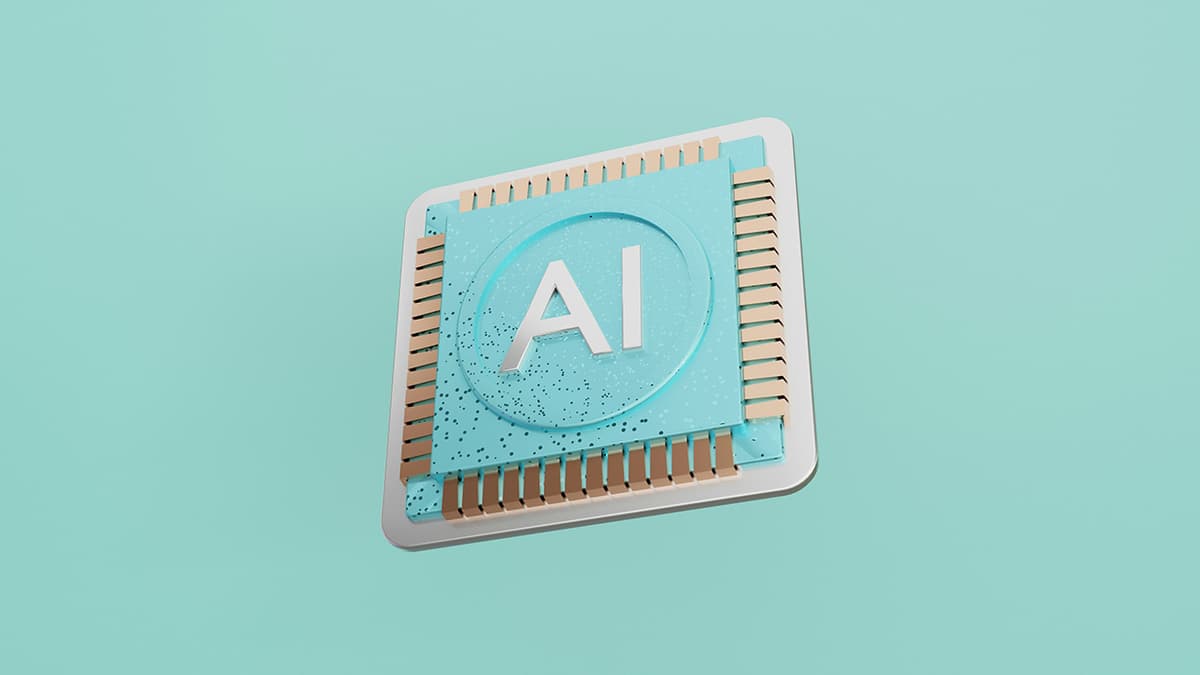Exploring the Magic Behind AI Picture Generation
Can you imagine telling your computer, "I want a picture of a cat wearing a superhero cape flying over New York City," and getting that image in seconds? This is possible thanks to AI. Let’s break down the key technologies behind AI picture generation, which make creative visuals more accessible.
The Foundation: Neural Networks
Neural networks form the core of AI picture generation. They are designed to mimic the human brain's structure and function. These networks consist of layers of nodes, or "neurons," which process information similarly to how our brain handles sensory data. Convolutional Neural Networks (CNNs) are particularly important for image generation, as they excel at recognizing patterns and features like edges, shapes, and textures.
The Real Game Changer: Generative Adversarial Networks (GANs)
Generative Adversarial Networks, or GANs, are a significant advancement in AI picture generation. GANs include two components: a generator and a discriminator. The generator creates images, while the discriminator evaluates them. The generator aims to produce images so realistic that the discriminator cannot distinguish between real and artificial. This competition refines the quality and realism of the generated images over time.
Style Transfer – Mixing It Up
Style transfer is another compelling technology in AI picture creation. It allows the AI to adopt the style of one image, such as a painting by Van Gogh, and apply it to another image, like a photograph of your pet. This technique maintains the content of the original photo while presenting it in the artist's unique style. Deep learning models are used to replicate artistic elements across different styles.
Scaling It Up with VQ-VAE
Vector Quantized Variational AutoEncoder (VQ-VAE) is an emerging technology that generates high-resolution images from low-resolution inputs. It compresses an image into a simpler, smaller representation and then reconstructs it back to its original size, filling in missing details. VQ-VAE models are particularly valuable when clarity and detail are crucial.
The Power of Pre-trained Models
Many AI systems utilize pre-trained models to create images quickly. These models, available through platforms like OpenAI or Google’s DeepMind, have been trained on extensive image datasets. They can generate high-quality visuals with minimal input, saving time and resources while providing a solid foundation for customization.
Text-to-Image Synthesis
Text-to-image synthesis is an exciting recent advancement in AI picture generation. With technologies like OpenAI's DALL-E, users can now create images from textual descriptions. You simply describe what you want, and the AI generates it, showing a deep understanding of both text and visual elements.
Future Directions
The future of AI picture generation looks promising. This technology is already integrated into fields like fashion, interior design, and video games, where it generates textures and landscapes. As AI evolves, the tools and technologies for visual creativity will continue to advance.
AI picture generation combines art and science, using complex algorithms to enhance human creativity. From neural networks and GANs to style transfer and more, these tools empower anyone with a vision to bring their imaginative ideas to life.
(Edited on September 4, 2024)
